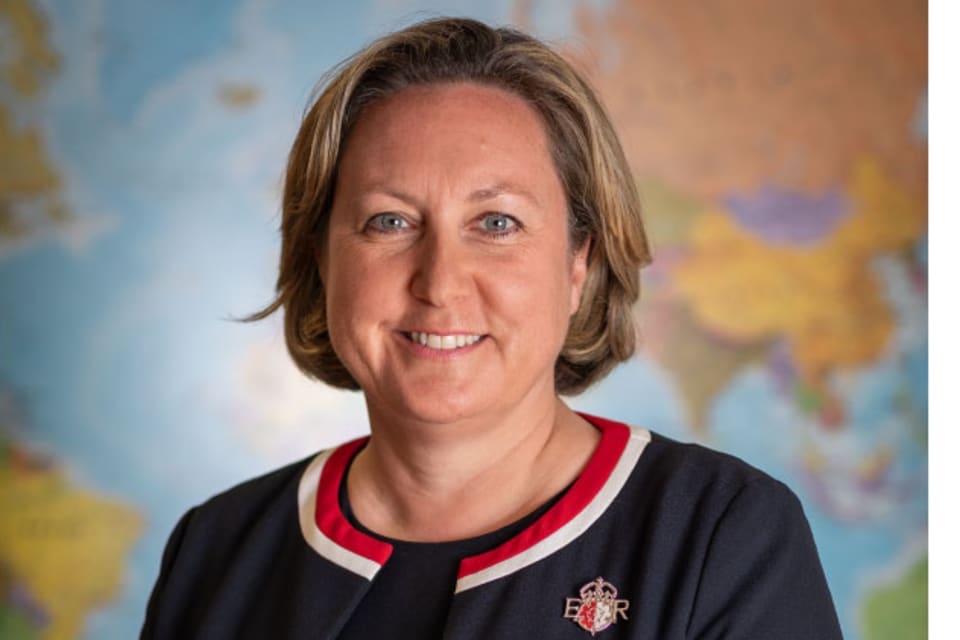
The government has announced a five-pillared plan to deliver maritime security.
The announcement was made by The Rt Hon Anne-Marie Trevelyan MP, the government’s Transport Secretary, said the aim is to make Britain the most “secure and reliable nation to trade with globally”.
She said: “In 2021, we published Global Britain in a competitive age: the integrated review of security.
“This document reaffirmed the first duty of government – to protect our people, our homeland and our democracy.
“That means protecting our ports and airports, and the trade routes vital to our national prosperity.
“In an increasingly uncertain world, we must work harder to safeguard transport networks against a complex variety of security risks and natural hazards.”
The recent national strategy sets out five strategic objectives to deliver the aims of the 2021 integrated review.
They are:
The minister told the Atlantic Future Forum in New York: “Our strategy acts as a blueprint for maritime security – explaining how we will protect our borders and ports, and address the threats we face.
“We consider how we will comprehensively tackle cyber security, defending the global supply chain at a time of increased automation and evolving cyber technologies.
“An important aspect of this is covered in the UK by the National Security and Investments Act.
“This allows us to scrutinise and potentially intervene if acquisitions of assets linked to the UK may pose national security risks.”
Trevelyan transport investment must satisfy “robust legal, regulatory and national security requirements”.
She added: “Alongside defensive measures, we are committed to maintaining our reputation for the UK to be one of the best places to invest.
“That is why, the government has established a network of freeports – to act as business hubs for international trade, innovation and commerce, and have just announced last week a next wave of investment zones.
“These hubs will regenerate communities by attracting investment and jobs to towns and cities up and down the country.
“Beyond investment in security, we have been developing our maritime security structure for several years.”
A significant part of this has been creating the Joint Maritime Security Centre in 2019. This national organisation helps coordinate what we call our ‘whole system response’, she said,
The minister went on: “This brings together all the organisations and teams which work to deter and respond to threats – including high-readiness maritime assets.
“The Joint Maritime Security Centre ensures that government, military, and law enforcement agencies have a closely-coordinated understanding of threats and risks in our own waters, and across the globe.
“We continue to develop these capabilities against current and emerging threats – from terrorism, piracy or hostile states – and also help us understand security concerns for shipping routes as our climate changes and we need to adapt.
“This is particularly important when looking at the Arctic and High North, which will provide faster shipping routes to Asia. There will be new security challenges which we need to anticipate and plan to provide 21st century solutions.
“At home and abroad, we will always protect our interests and those of our international partners. That means understanding how threats could arise along international trade routes or chokepoints, how they can be addressed, and what their impact might be.
“We don’t just consider hard security dangers. Threats to our marine environment are also a security issue.
“The fragile marine ecosystem is a precious resource, so we must respond to any dangers early. From destruction of fishing stocks to dumping of illegal waste. Any activities that harm the marine environment and destroy the livelihoods of those living in coastal communities.
“In many countries this loss of income for some of the most impoverished in society can lead to people being exploited by criminal gangs and terrorists.”